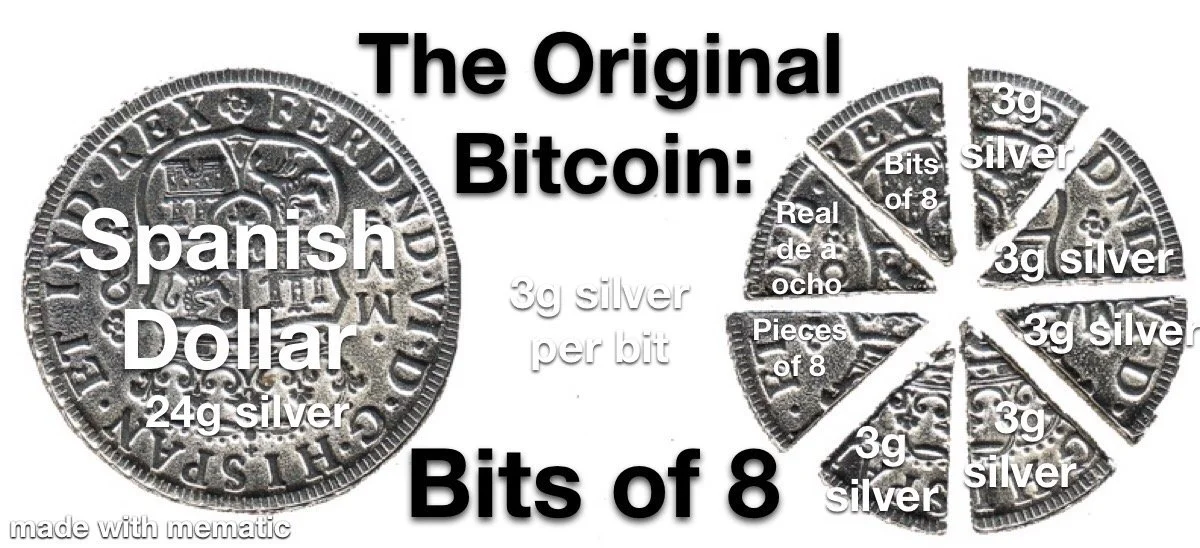Cow Commodity Money
Historically, the most universally desired commodities became money, such as salt (salary), tobacco, alcohol, copper, silver, and gold. Another unusual example is the cow in ancient India and rural Mississippi during alcohol prohibition.
My family is old Mississippi. Mobleys have been here since before we were a state (1817). We’re “passing white” Choctaw too. Hamiltons are from the McComb, Mississippi part of the state looking towards New Orleans, the story being that my riverboat great great great (great?) grandfather chose New Orleans and the South during the War, being disowned by his Yankee family. We have some old family stories, and my uncle Bill has some of the drinking stories.
While alcohol was Constitutionally illegal in the USA from 1919 until 1933, alcohol was still prohibited in Mississippi until 1966 while my uncle was a student at Ole Miss in Oxford, Mississippi. Alcohol prohibition wasn’t popular with drinkers, so he would illegally buy alcohol from bootleggers. Some of those drinkers were sheriffs, and they would look the other way while their friends drank or made some money bootlegging.
Over the years, many sheriffs turned their office into a business, busting bootleggers who didn’t pay up and working with the ones who did. As my uncle says, it used to be that the quickest way to get rich in Mississippi was to get elected sheriff. A sheriff could retire after 4 years of taking bribes to look the other way while bootleggers made their living. In the USA, the Sheriff is the highest ranked law enforcer in each county, even higher than the FBI and CIA.
One example that my uncle gave was the sheriff and bootlegger organizing raids on the bootlegger’s own store houses. The bootlegger would hire the same old black man to be arrested at a store house with just enough booze for the white sheriff to look good in the local news paper. Meanwhile, the old black man would get bonded out and paid a couple hundred dollars bonus by the bootleggers, either going back to bootlegging or serving a short stint in prison. The sheriff would collect his bribe.
Sheriffs could be bribed with cash, alcohol, and one sheriff was even paid in cows. Bootleggers would deliver cows to his farm land, where he’d fatten them up and sell them for profit. Evidently, there is a lot of money in selling things that you don’t have to buy. In ancient India, cows were also used as payment, and are still highly valued today, being worshipped by Hindus, the majority religion of the most populous country in the world.
While being legal at the state level, alcohol remained illegal at the county level in most counties until recently, and is illegal to some extent in half the state. So the corruption continued. Even now, the licit (Pfizer) and illicit (Sinaloa) drug cartels bribe law enforcement officers, politicians, and judges to look the other way and either arrest their competition or hit their profits by selectively enforcing taxation and regulations. Just a few years ago, the IRS taxed Americans to pay drug companies for drugs that they were then forced to take or they’d lose their job and be under house arrest. Evidently, there is a a lot of money in having an offer that people can’t refuse.
“See, if you look at the drug war from a purely economic point of view, the role of the government is to protect the drug cartel. That’s literally true.” -Milton Friedman, 1991 interview with Randy Paige on “America’s Drug Forum.”
Historically, the most commonly desired commodities became money, such as salt (salary), tobacco, alcohol, copper, silver, and gold. Another unusual example is the cow in ancient India and rural Mississippi during alcohol prohibition. When the dollar aint worth a continental, these commodity monies will come back into use.


